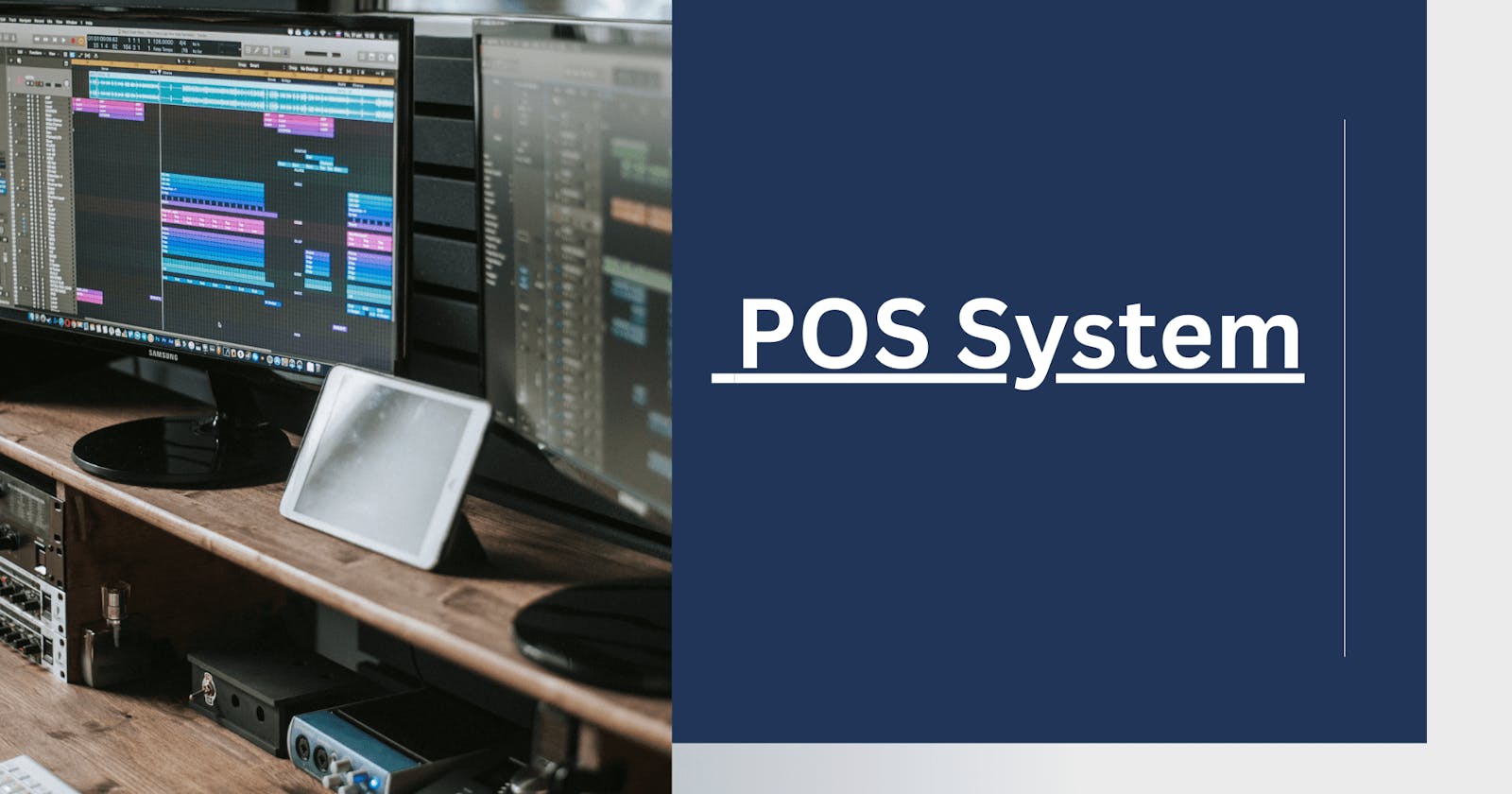The influence of POS systems on restaurant financial performance
Exploring the Impact of Point of Sale Systems on Revenue, Costs, and Profitability in the Restaurant Industry
Technological advancements play a crucial role in boosting efficiency, customer satisfaction, and ultimately, profitability. One such game-changer is the Point of Sale (POS) system. Gone are the days of manual order-taking and handwritten receipts; today's restaurants rely on POS systems to streamline operations, track sales, and optimize business processes.
In this blog, we will delve into the significant impact that POS systems have on restaurant profitability and how they are reshaping the dining experience.
Streamlined Order Management
Traditional paper-based order management can lead to errors, confusion, and long wait times, all of which can significantly affect a restaurant's bottom line. POS systems bring order and efficiency to this chaos, allowing seamless order placement and swift communication between the front and back of the house.
Orders are transmitted directly to the kitchen, reducing the chances of mistakes and minimizing the time it takes to prepare meals. The result? Faster turnaround times, higher table turnover rates, and ultimately, increased profitability.
Inventory Management and Cost Control
Proper inventory management is vital for maintaining profitability in any restaurant. POS systems come equipped with inventory tracking features that help restaurateurs keep a close eye on stock levels and usage patterns. By analyzing these data, restaurant owners can optimize their supply chain, reduce wastage, and prevent overstocking.
Additionally, POS systems can calculate the cost of goods sold (COGS) and provide insights into which menu items are the most profitable. Armed with this information, restaurants can make data-driven decisions on pricing and menu composition to maximize profits.
Enhanced Customer Experience
Customer satisfaction is the lifeblood of any successful restaurant, and POS systems play a crucial role in delivering a stellar dining experience. With POS systems, waitstaff can quickly process orders, customize them according to customer preferences, and promptly handle any special requests.
Moreover, POS systems often integrate with loyalty programs, enabling restaurants to reward regular patrons and incentivize repeat visits. Positive dining experiences lead to customer loyalty, positive reviews, and word-of-mouth referrals, all of which contribute to increased foot traffic and revenue.
Accurate Sales Reporting and Analysis
A comprehensive understanding of sales trends and performance metrics is essential for making informed business decisions. POS systems offer real-time reporting capabilities, allowing restaurant owners to access detailed sales data at their fingertips.
This data includes revenue trends, peak hours, and popular menu items, which can help in devising targeted marketing strategies and optimizing staff scheduling. Armed with these insights, restaurants can align their operations with customer demand, eliminate inefficiencies, and further enhance profitability.
Table Management and Reservations
Optimizing table turnover is critical to maximizing revenue, especially during peak hours. POS systems integrate table management features that enable restaurants to efficiently handle reservations, waitlists, and seating arrangements.
By automating these processes, restaurants can eliminate double bookings, reduce wait times, and create a smooth dining experience for guests. The result is improved customer satisfaction and increased opportunities to accommodate more patrons, ultimately translating into higher profitability.
Streamlined Payment Processing
The convenience of quick and secure payment processing is appreciated by both customers and restaurant staff. POS systems offer various payment options, including credit/debit cards, mobile wallets, and contactless payments, catering to diverse customer preferences.
Faster and more efficient payment processing means shorter wait times for customers and a reduced workload for staff. Moreover, POS systems automatically record transactions, simplifying accounting and reducing the chances of human error in financial reporting.
Integration with Third-Party Services
In the modern restaurant landscape, many establishments rely on third-party delivery and reservation platforms to expand their reach. POS systems often integrate with these services, facilitating streamlined order processing and accurate reporting.
This integration not only enhances efficiency but also opens up new revenue streams for restaurants. As the demand for food delivery and online reservations continues to rise, embracing POS system integration becomes increasingly vital for sustained profitability.
Conclusion
In conclusion, restaurant POS software has revolutionized the restaurant industry by significantly impacting profitability. From streamlined order management and inventory control to enhanced customer experiences and real-time analytics, these systems play a pivotal role in optimizing restaurant operations.
By leveraging the transformative power of POS systems, restaurant owners can create a winning formula that fosters efficiency, customer satisfaction, and ultimately, financial success in today's competitive market. Embracing these technological advancements is no longer an option but a necessity for any restaurant seeking sustained growth and profitability.
